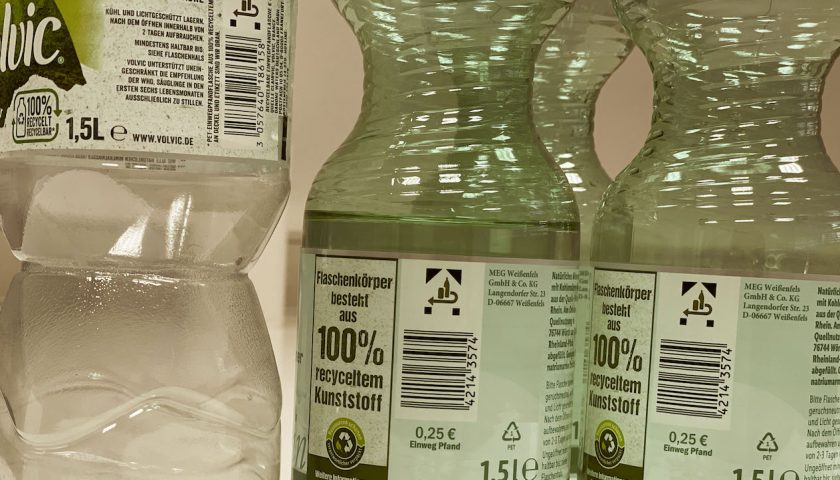WEEE, BATT, and PACK – Do you comply?
Within the framework of Extended Product Responsibility [Product Compliance, in short “Compliance”], certain requirements and obligations must be fulfilled before products can be offered for sale in the European Union. Following the Polluter Pays Principle [PPP], mainly manufacturers and importers, but also distributors as first importers are affected.
The complete compliance of a product usually results from a number of requirements from directives, laws and standards, including CE (low voltage, EMC, RoHS, ErP and RED directives), electrical safety, REACh/CLP (chemicals), conflict resources (e.g. Dodd Franc Act) and in the waste area from WEEE (Waste Electrical Equipment Directive “ear”), BATT (Battery Directive) and PACK (Packaging Directive).
Waste-related product compliance obligations are generally implemented at national level, i.e. each EU country has its own legislation for the three areas of WEEE, BATT and PACK.
In Germany, these are the Electrical and Electronic Equipment Act (WEEE, ElektroG), the Battery Act (BATT, BattG) and the Packaging Ordinance (PACK, since 2019: the Packaging Act, VerpackG).
The waste law requirements from Product Compliance can be divided into three categories:
Administrative Duties: Registration, warranty and reporting
Product characteristics: labeling and information obligations
Recycling: taking back and disposing of old products
Transparent product compliance is mandatory and the various current obligations must be determined, implemented and managed individually. In the event of violations, there is a risk of high fines in the six-digit euro range, warnings, claims for damages as well as profit skimming and even sales bans.
Establishing and maintaining product compliance has therefore become a critical requirement for the marketability of products.
Benefit from the experts of BridgeToEurope as a full-service partner in the complex field of compliance responsibilities.

